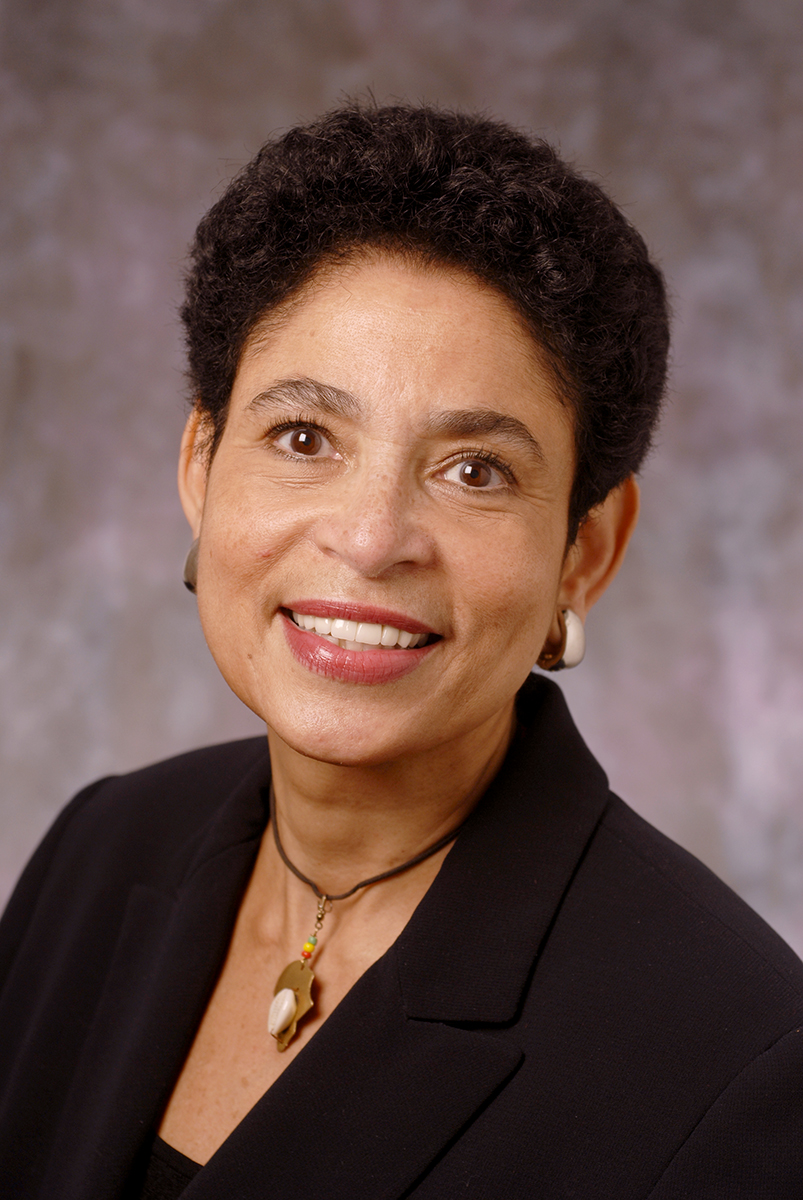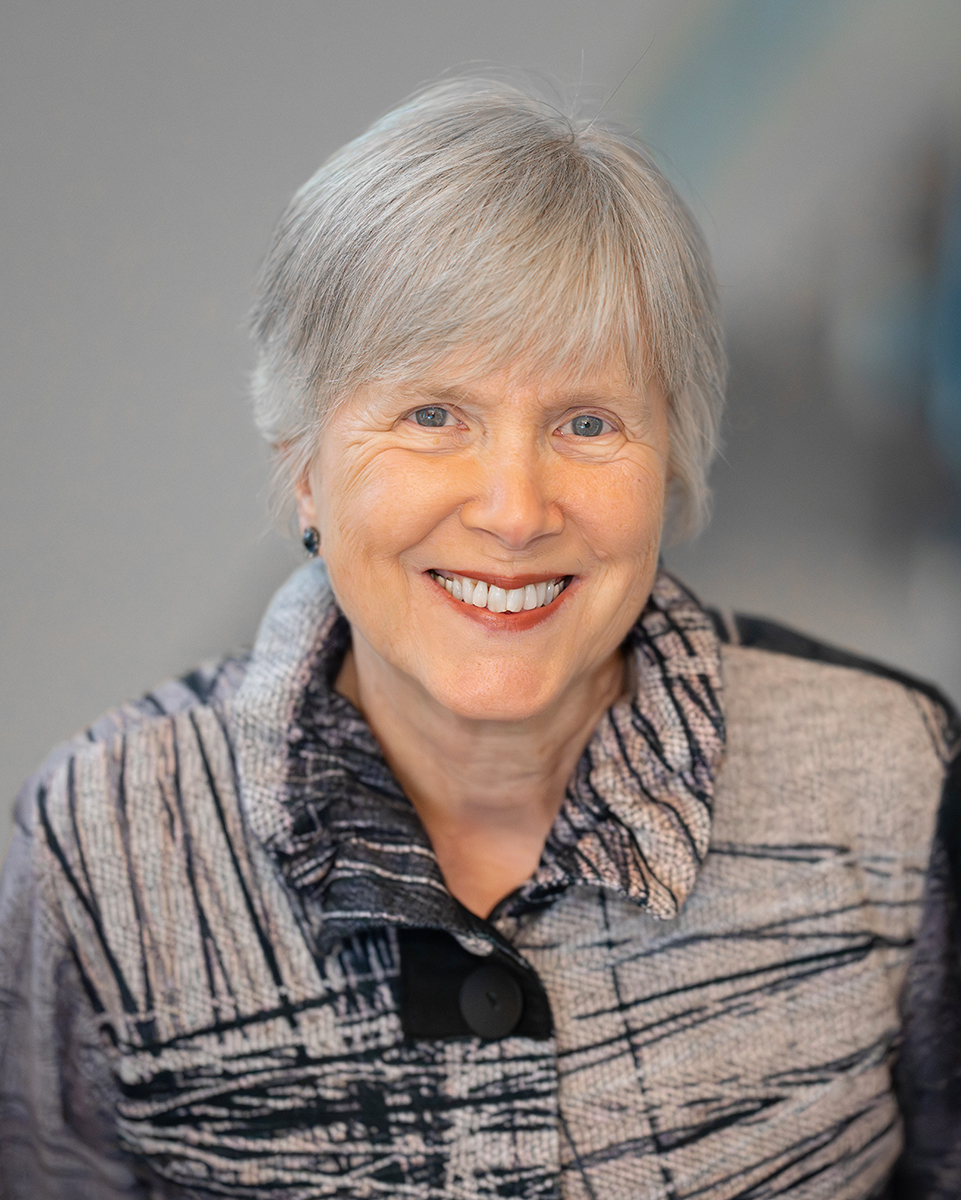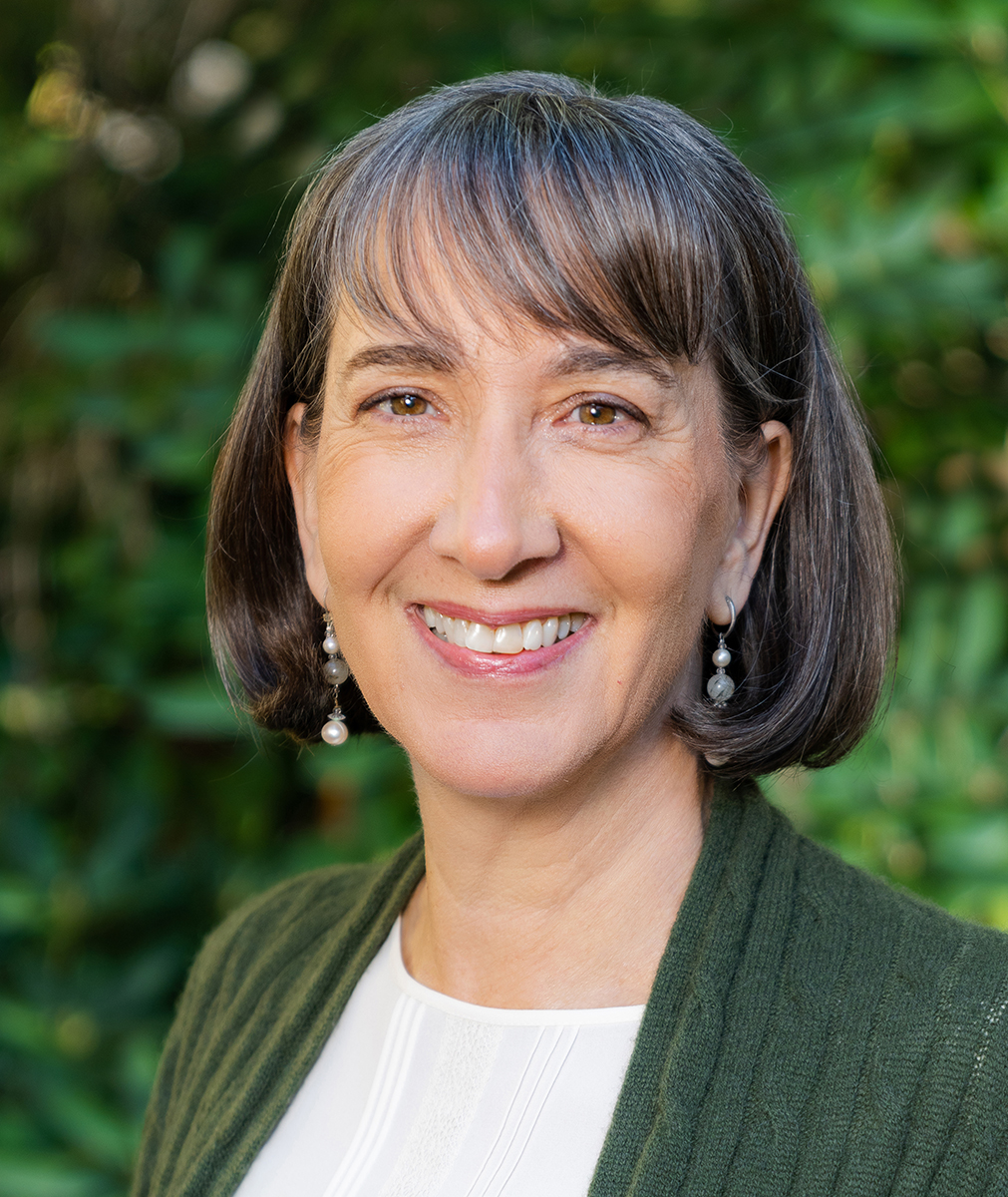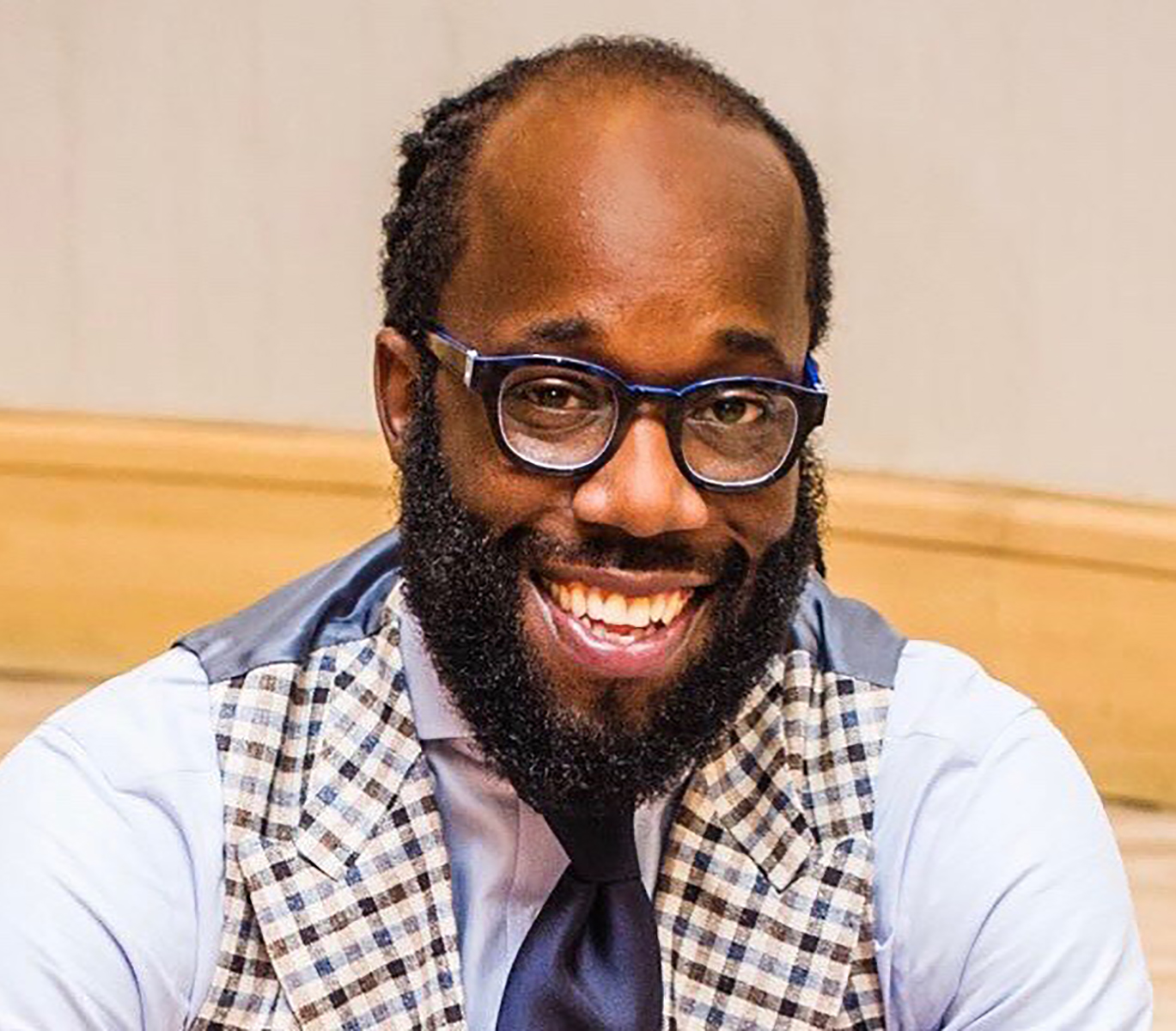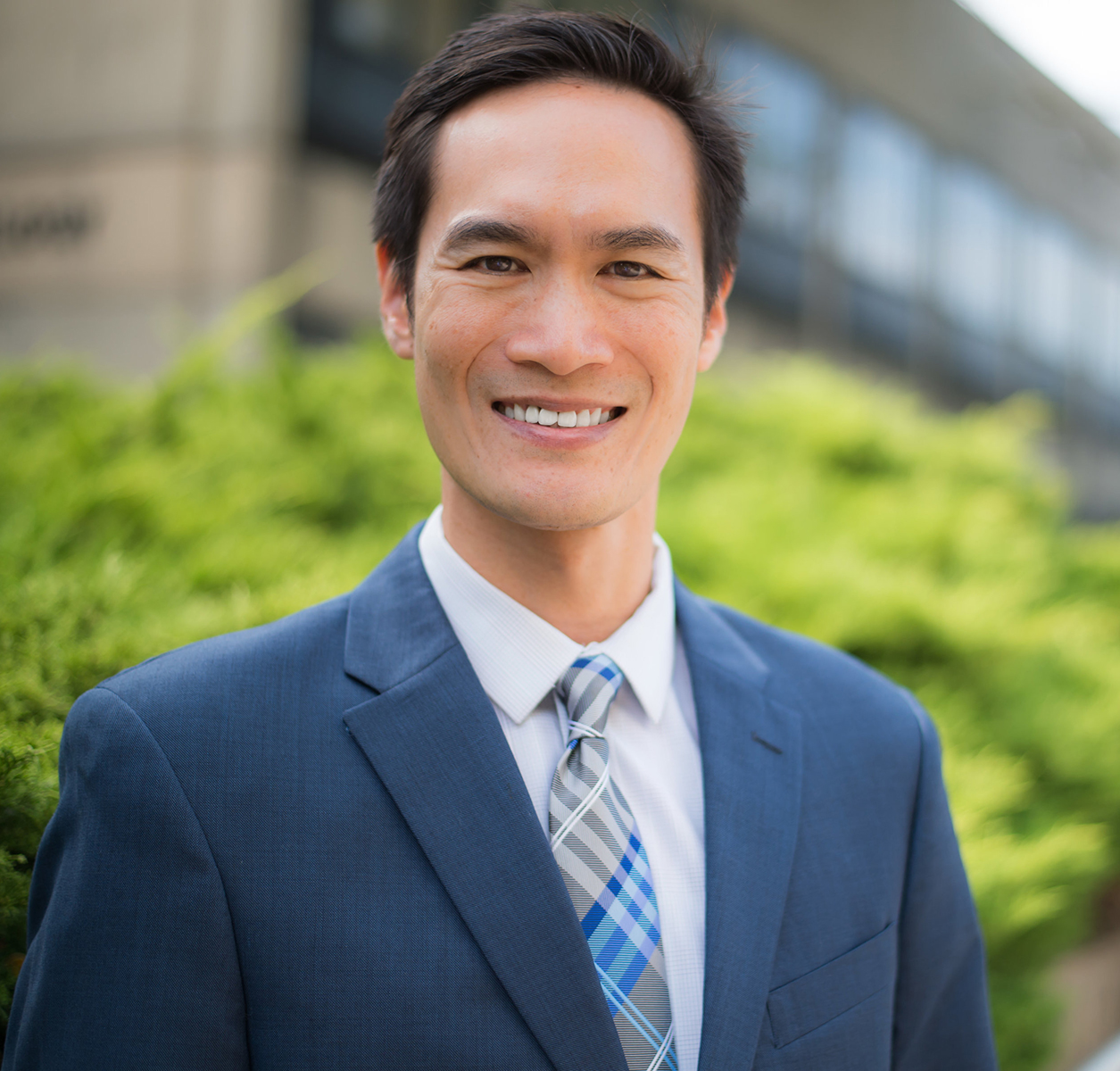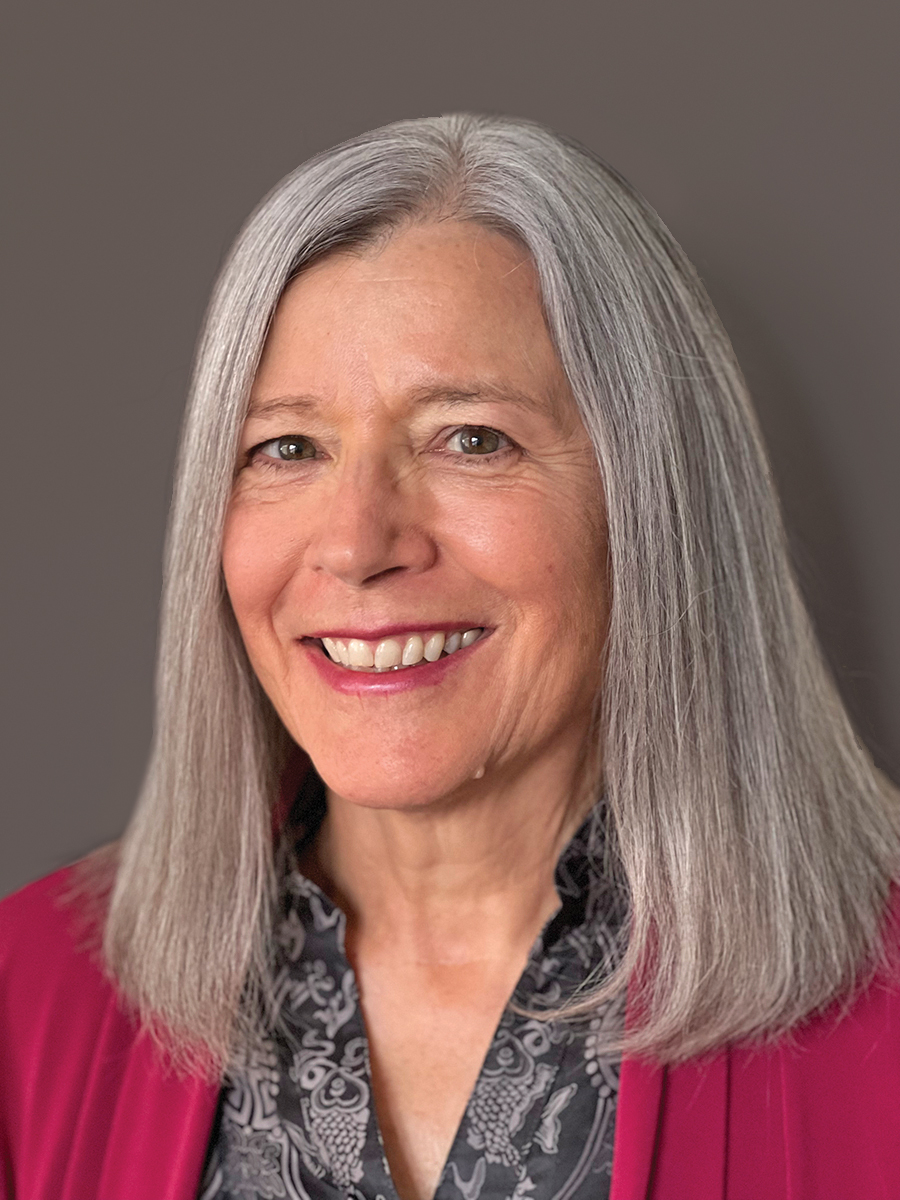Q&A with the Author
- How can your book help therapists and students in the mental health field to address issues of race and racism in their work with Black clients and families during this pandemic?
- Can Black Families in Therapy be helpful to clinicians who are not family therapists and who work primarily with Black clients in individual therapy?
- Can you explain how therapists can utilize “The Talk” to help African American clients and families to cope with their continual feelings of fear for their children and other family members in the face of racism?
Earlier this summer, Black Families in Therapy: Understanding the African American Experience, was included in Self magazine’s list of nine important books by Black therapists. The author of the article writes: During this particular moment in American history...we’re reckoning with both deeply ingrained racism and a global pandemic.... How can your book help therapists and students in the mental health field to address issues of race and racism in their work with Black clients and families during this pandemic?
Many Black clients and families are struggling with intense feelings of anger, sadness, grief, and fear for themselves and their family members since the death of George Floyd. They desperately need therapists who can talk with them about their feelings about the racism they experience in this country. Black Families in Therapy provides a rare opportunity for clinicians to learn how to raise the issue of race and racism in cross-racial treatment. This is particularly important for White therapists and those from other racial and ethnic groups, who are learning “the therapist’s use of self” in their work with Black families. Vivid case examples throughout the book illustrate the process by which a therapist can help an African American client or family to talk about issues of race, racism and racial profiling in their own lives.
This book also gives therapists a unique perspective on how the cultural strengths of Black clients and families can be utilized in therapy to promote resilience and healing in the face of racism and discrimination. Strengths such as the love and support of extended family members, the healing power of spirituality and religious beliefs, and the protective power of a strong racial identity and racial pride, have contributed to the resilience and survival of Black people for the last 400 years. This book provides inspiration for therapists and helps them to draw upon these strengths to heal their African American clients and families during these challenging times of the COVID-19 and the racism pandemics.
Can Black Families in Therapy be helpful to clinicians who are not family therapists and who work primarily with Black clients in individual therapy?
This book is very relevant for clinicians of all disciplines, who are working with Black clients in individual therapy. As I have traveled throughout this country presenting on this topic, countless therapists have told me that this book has transformed their work with individual Black clients. African Americans live in a collectivistic culture that is deeply rooted in extended family connections for survival in the face of racism. In this book, I discuss the fact that many therapists who work with Black clients in individual treatment find that they must incorporate some of the concepts of “family therapy with one person” in order to address issues that their clients may experience with their families.
Black Families in Therapy also devotes an entire chapter to help therapists to understand the central role that spirituality and religion play in the lives of many Black clients and their survival in the face of racism and racial disparities. It gives many case examples that illustrate ways in which therapists can utilize these strengths in working with Black clients who are experiencing grief, sadness, and loss in times of crisis. This has been very important during this period of COVID-19 when Black people have died of this virus at much higher rates than White Americans. Many Black clients have been devastated by the loss of important family members whom they were not even able to visit in the hospital or attend a funeral during this pandemic.
Black Families in Therapy is a very unique book. Although we have seen a proliferation of books on multicultural issues in recent years, there have been very few that have been devoted exclusively to in-depth clinical work with Black clients and families. Many professors, teaching courses in universities throughout this country, as well as supervisors in clinics, schools, hospitals, and agencies, have reported that this book has been extremely important for their students in helping them to develop a greater understanding of their African American clients and to address issues of race and racism in the treatment process.
Your book, Adolescents at Risk, includes a chapter entitled, “Cultural, Racial, and Socioeconomic Issues,” in which you discuss “The Talk” that many Black families have with their children, particularly their sons. Can you explain how therapists can utilize “The Talk” to help African American clients and families to cope with their continual feelings of fear for their children and other family members in the face of racism?
“The Talk” is a term used to describe a form of racial socialization used by many African American families to prepare their children for experiences of racism and racial profiling. Many White therapists and those from other racial and cultural groups are not even aware of this reality in the lives of many of their Black clients. It is in fact one of many types of talks which are often combined with deliberate efforts by Black families to develop a strong sense of racial identity and racial pride in their children and to increase their self-esteem in the face of racism. Sadly, the need for “The Talk” becomes clear when we realize that over 300 Black men and women are killed by the police each year. The vast majority of these are Black men. As a result, many African American families have felt the need to talk to all of their children, particularly their sons, and to teach them how to respond if they are stopped by the police. This is an attempt by Black families to address their fears and to protect their children from harm. Therapists who are aware of this reality may find it helpful to discuss these issues in therapy with their Black clients including adults, adolescents, and families, who may be experiencing fears for themselves, their children and other family members. This book provides clinicians with a clear description of the process of “The Talk” and some guidelines on how it can be incorporated into therapy.
It is also important for therapists to explore the feelings that many African American clients experience when they see news stories and media images of the death of Black people such as George Floyd and Breonna Taylor. For some of our African American clients, these repeated experiences of the death of other Black people can lead to racial trauma, manifested in anxiety, depression, grief, mourning, and feelings of hopelessness, intense anger at racism, and fears for their children and other family members. These issues of racial trauma and vicarious racial trauma will definitely be addressed in my next book.
For therapists working with adolescents at risk, this book also addresses other risk factors that these youth face including racial disparities in the school to prison pipeline, the lure of the streets and gang involvement, community violence, drug and alcohol abuse, and the risk of school failure. Many of the strengths that have contributed to the resilience of these youth are incorporated into treatment including individual interventions, Kinship Care and the value of reaching out to involve their families in the treatment process through home-based family therapy. The Multisystems Model is incorporated in order to help therapists understand and navigate the many systems that are involved in these clients’ lives.
In addition to the issues of racism in the lives of Black youth, this book also explores the experiences of Latino youth, including those from immigrant families and those who are undocumented. It also addresses the experiences of clients from other cultures and racial groups, who are living in poverty, including poor White youth. The second part of the book discusses the Achievement Mentoring Program, an evidence-based, school-based intervention developed by my co-author, Dr. Brenna Bry. This intervention has re-engaged countless at-risk youth in their schools through the work of dedicated achievement mentors. During this pandemic, this intervention has continued to make a difference in the lives of many of these adolescents through the use of virtual achievement mentoring sessions.
See all titles by and read more about Nancy Boyd-Franklin on her author page!
